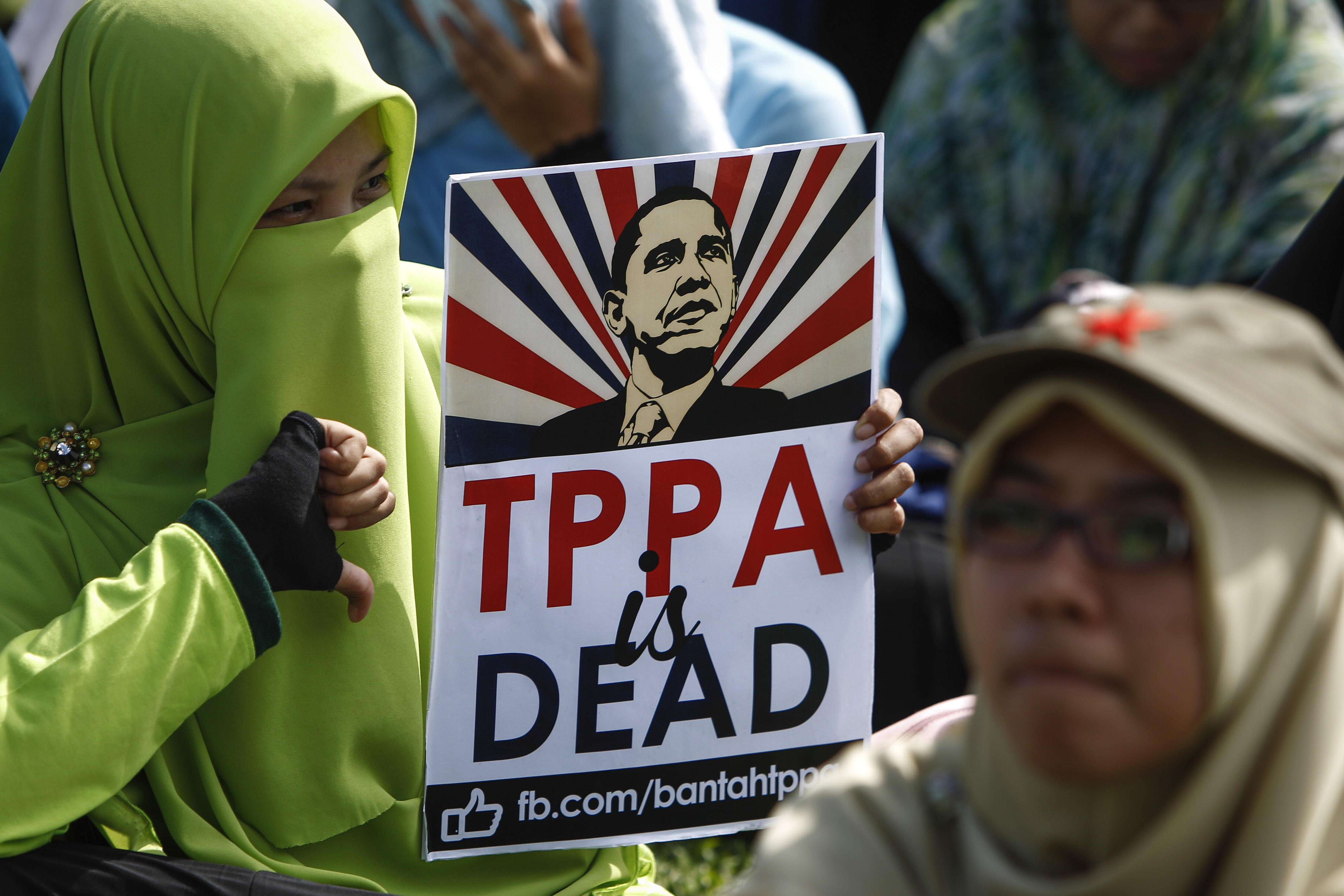Over the course of the 2016 presidential election, trade has been thrust into the spotlight.
Republican presidential candidate Donald Trump described the North American Free Trade Agreement as "the worst trade deal maybe ever signed anywhere, but certainly ever signed in this country" during the first presidential debate on Sept. 26. The billionaire businessman then told Democratic presidential candidate Hillary Clinton that if passed, the Trans-Pacific Partnership would be "almost as bad as NAFTA." Clinton has said she now also opposes the TPP, after initially supporting it.
So what is the truth about trade? According to a new report released by the nonpartisan Congressional Budget Office, the majority of economic studies agree that preferential trade agreements — defined as treaties that remove barriers to trade and set rules for international commerce between two or among a small group of countries — have had small positive effects on the U.S. economy.


















With your current subscription plan you can comment on stories. However, before writing your first comment, please create a display name in the Profile section of your subscriber account page.